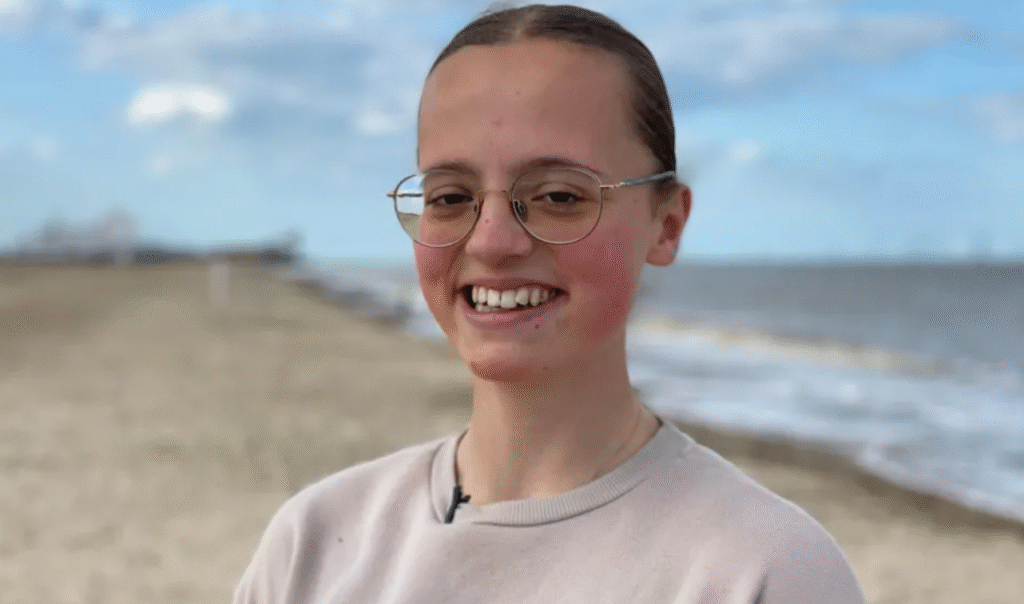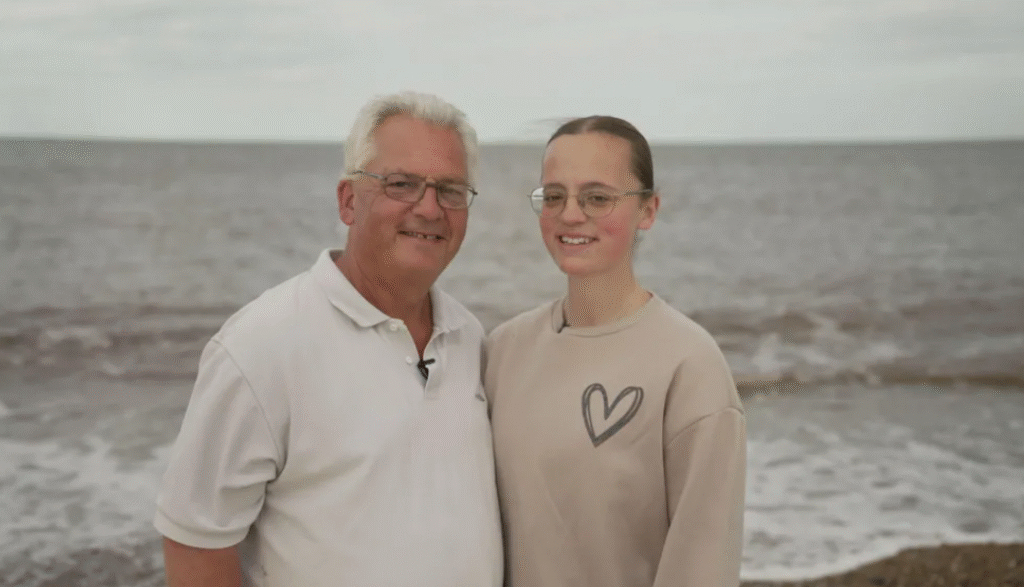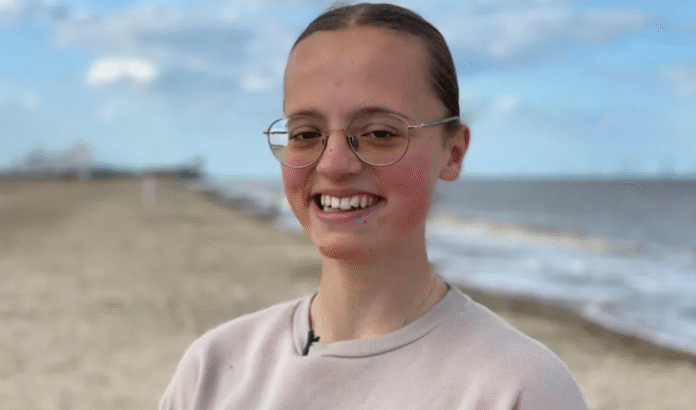A teen from Norfolk has become the first person in Europe to receive a new rare immune disorder drug.
Mary Catchpole, 19, has a condition that has claimed the lives of several close relatives, including her mother and grandmother. The illness, Activated PI3-kinase Delta Syndrome (APDS), weakens the immune system and causes repeated, serious infections.
Mary said the new medication, leniolisib, “brought me joy and hope” after years of living in fear of early death. The treatment, approved recently in the UK, marks the first targeted therapy for APDS.

Mary’s family played a key role in discovering the rare immune disorder. Their participation helped scientists understand its genetic cause. The condition was first identified in 2013 by researchers at the University of Cambridge and Addenbrooke’s Hospital. They found that a faulty gene on the maternal side caused the immune system to become overactive and harmful.
APDS can lead to severe lung infections, organ swelling, and even lymphoma—a cancer of the white blood cells.
The rare immune disorder drug, branded Joenja, is taken as tablets twice a day. It helps balance the immune system. Instead of treating symptoms, leniolisib targets the enzyme that causes the immune disruption in APDS patients. Mary had spent most of her childhood on treatments like antibiotics, nebulisers, and immune therapy. Since starting leniolisib, she has already stopped taking some other medications.
Mary’s consultant, Dr Anita Chandra, called the drug a “potential cure” and praised the speed of its development. “From discovery to NHS approval in 12 years is incredible,” said Dr Chandra.
Mary’s father, Jimmy, said they joined trials to help others, even before the drug was a possibility.

Her mother, Sarah, died at 43. Other family members died young, including an aunt at 12 and uncle at 39.
Mary said, “With this medication, I know I can live longer. It’s what my mom would have wanted.”
Doctors say there is a 50% chance of passing the faulty gene to children.
Mary hopes to become a dance teacher and enjoy life outside of medical care and fear.
“I want to take risks and live freely,” she said, smiling about her new reality.
Prof Sergey Nejentsev, who helped discover the condition, said leniolisib works exactly as researchers had hoped.
He explained, “We knew from the start this enzyme could be blocked. Now we have a drug that does it.”
Though the drug costs £352,000 per year, the NHS secured a confidential discount from the manufacturer.
NICE, the UK’s health regulator, approved it as cost-effective. Up to 50 people in England could benefit.
Prof James Palmer from NHS England said this is another step forward in care for people with rare conditions.
“This is life-changing,” he added. “It shows our commitment to offering cutting-edge treatments on the NHS.”

